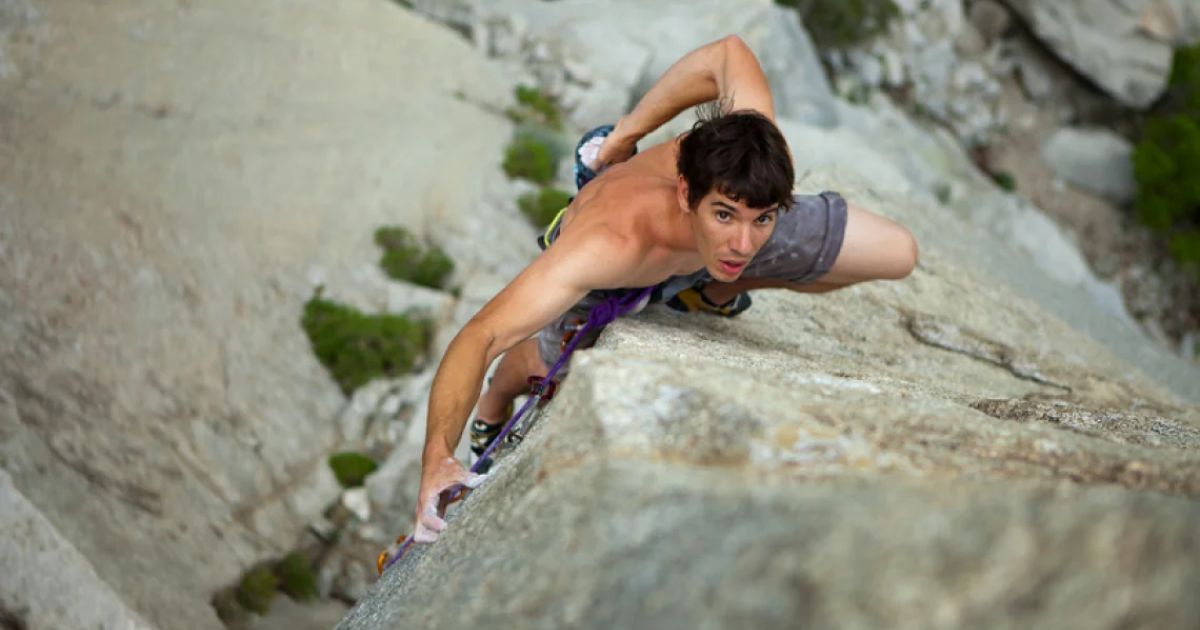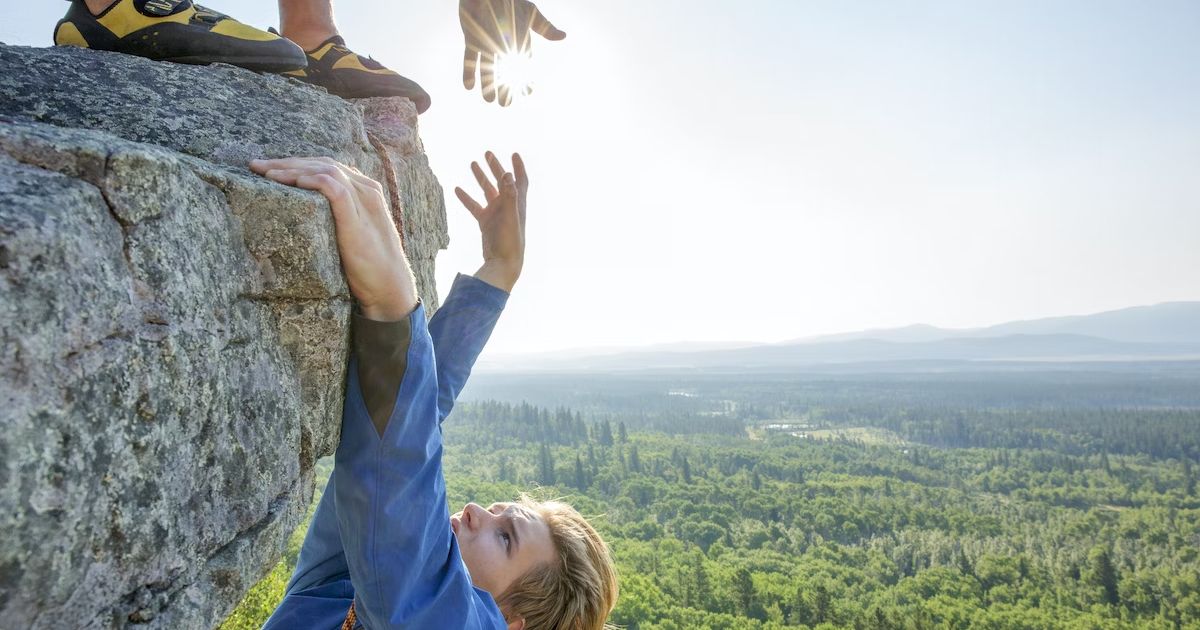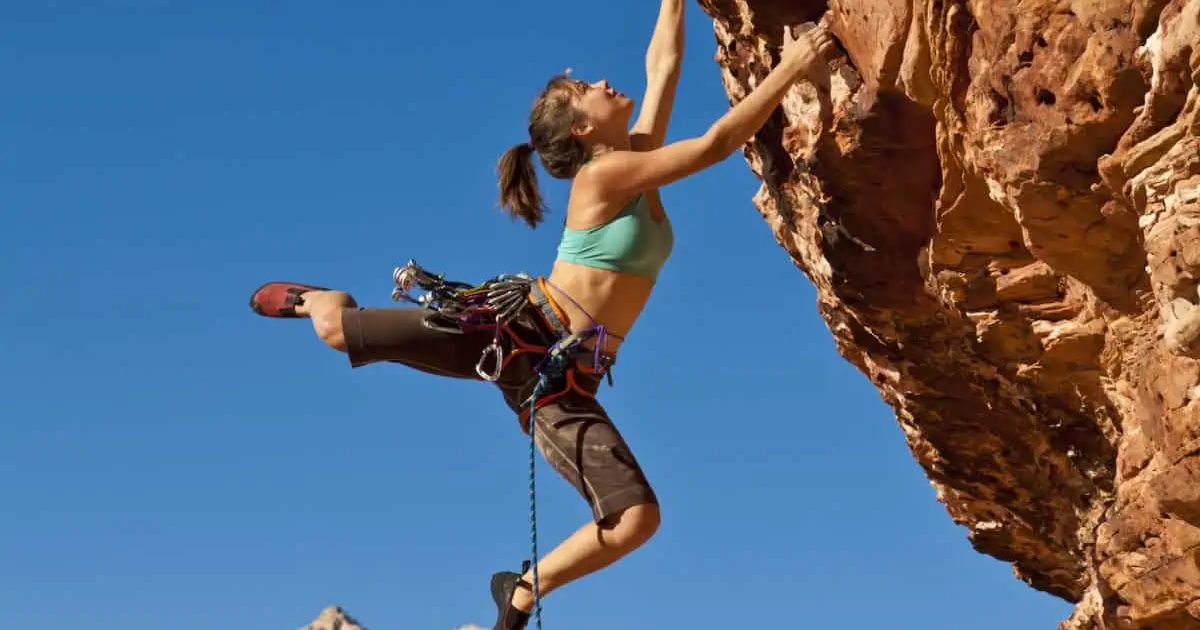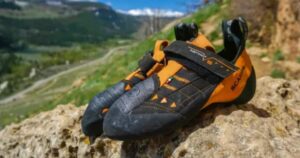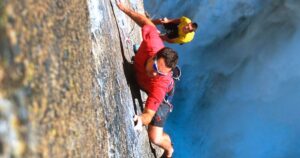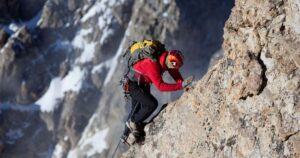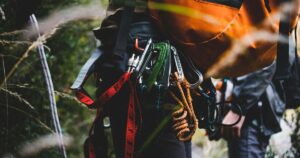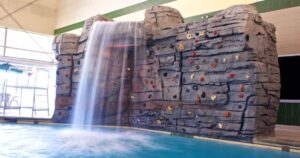In the world of rock climbing, where every move requires calculated precision, a small first aid kit becomes a climber’s life-saving throw. Just as a skilled climber navigates treacherous terrains, so too must they be prepared for the unexpected. This article explores the importance of preparedness in outdoor adventures, highlighting the quick thinking and resourcefulness required when faced with danger. Through the power of a small first aid kit, valuable lessons are learned, emphasizing the need to be ready for the unexpected.
Key Takeaways
- Being well-prepared with essential items like a first aid kit is crucial for rock climbers.
- Quick thinking and improvisation skills are essential for survival in challenging situations.
- Resourcefulness and problem-solving abilities are crucial for navigating through obstacles.
- Mental readiness and decision-making skills contribute to the overall safety and enjoyment of rock climbing.
The Climber’s Life-Saving Throw
The climber’s life-saving throw involves a precise and calculated maneuver executed with utmost precision. In the world of rock climbing, where danger lurks at every turn, climbers often find themselves faced with unexpected emergencies that require quick thinking and improvisation. Whether it’s a fellow climber injured on the wall or a rope that has snapped, critical decision-making is paramount. With only seconds to react, climbers must assess the situation and determine the best course of action.
This may involve throwing a small first aid kit to a stranded climber, providing them with the necessary tools to address their injuries until further help can arrive. The climber’s improvisation and ability to make split-second decisions can mean the difference between life and death in these high-stakes scenarios. Transitioning into the subsequent section about ‘adapting to emergency situations’, these climbers must also be adept at adapting to the unpredictable nature of emergencies and adjusting their plans accordingly.
Adapting to Emergency Situations
In an article titled ‘A Rock Climber Throws a Small First Aid’, the ability to adapt to emergency situations is crucial for climbers. Reacting under pressure and improvising in emergencies can mean the difference between life and death.
When faced with unexpected challenges on the rock face, climbers must be able to think quickly and make split-second decisions. They may need to improvise with limited resources, utilizing their knowledge and skills to come up with creative solutions. To illustrate the importance of adapting to emergency situations, consider the following table:
| Challenges | Reactions under Pressure | Improvisation in Emergencies |
|---|---|---|
| Equipment failure | Remaining calm and focused | Using alternative equipment or techniques |
| Injuries | Administering first aid | Creating makeshift splints or bandages |
| Changing weather conditions | Adjusting climbing strategy | Finding shelter or creating protective barriers |
In these situations, climbers must rely on their ability to stay calm, think critically, and adapt to ensure their safety and the safety of others.
Importance of Preparedness in Outdoor Adventures
Discussing the adaptability required in emergency situations, climbers must also emphasize the importance of preparedness in outdoor adventures. Being well-prepared can make a significant difference in ensuring a safe and enjoyable experience. Here are some essential preparedness tips and outdoor safety precautions to consider:
- Planning and Research:
- Research the location and understand the terrain, weather conditions, and potential risks.
- Plan your route and inform someone about your itinerary.
- Pack Proper Gear and Equipment:
- Carry essential items like a map, compass, first aid kit, headlamp, and extra food and water.
- Dress in layers and bring appropriate clothing for changing weather conditions.
Quick Thinking: A Key Survival Skill
Quick thinking is an essential survival skill for rock climbers. When faced with unexpected challenges or emergencies, climbers must be able to respond quickly and make split-second decisions that could mean the difference between life and death. This requires a combination of mental agility, physical dexterity, and the ability to think on one’s feet. Improvisation techniques also play a crucial role in quick response situations, as climbers may need to use whatever resources are available to them in order to solve problems or overcome obstacles. To illustrate the importance of quick thinking, consider the following table:
| Quick Thinking Scenarios | Quick Response | Improvisation Techniques |
|---|---|---|
| Equipment failure | Assess the situation, identify alternative solutions, and act swiftly to address the issue | Use spare parts, modify equipment, or find alternative ways to achieve the desired outcome |
| Adverse weather conditions | Evaluate the risks, make a decision based on current conditions, and take appropriate action to ensure safety | Utilize natural shelters, create temporary protective structures, or find alternative routes to avoid dangerous weather |
| Medical emergencies | Assess the severity of the situation, provide immediate first aid if necessary, and seek professional help | Use available resources as makeshift medical equipment, apply basic life-saving techniques, or improvise a stretcher to transport the injured person |
By being able to think quickly and adapt to changing circumstances, rock climbers can increase their chances of survival in challenging situations. This ability to respond rapidly and employ improvisation techniques will be further explored in the subsequent section on resourcefulness in the face of danger.
Transition: Now that we have discussed the importance of quick thinking, let us delve into the significance of resourcefulness in the face of danger.
Resourcefulness in the Face of Danger
The ability to adapt and find creative solutions in perilous situations is crucial for rock climbers, especially when facing imminent danger. Resilience in challenging circumstances and problem-solving in emergencies are essential skills that can make the difference between life and death. When confronted with a dangerous situation, resourceful climbers rely on their skills and experience to navigate through obstacles and find a way out.
They may use innovative techniques such as improvising gear or creating makeshift tools to overcome unexpected challenges. Additionally, their ability to think quickly and make split-second decisions is crucial in high-pressure situations. By remaining calm and composed, rock climbers can effectively assess their options and choose the best course of action. Overall, resourcefulness plays a vital role in the success and safety of climbers, allowing them to overcome adversity and conquer the most treacherous terrains.
The Power of a Small First Aid Kit
A small first aid kit may seem insignificant, but its power lies in its ability to provide essential life-saving gear in a compact and versatile form. Whether it’s a simple bandage or a tourniquet, these kits can be the difference between life and death in emergency situations. With their portable nature, they are a crucial tool for anyone venturing into potentially dangerous activities like rock climbing.
Essential Life-Saving Gear
Rock climbers understand the importance of having essential life-saving gear, such as a small first aid kit, to ensure their safety during challenging climbs. In the world of rock climbing, where accidents can happen unexpectedly and emergency response may be delayed, having a well-equipped first aid kit can make a significant difference in the outcome of an injury. Here are two key reasons why a small first aid kit is considered an indispensable part of wilderness medicine:
- Immediate response: A small first aid kit allows climbers to quickly address minor injuries, such as cuts, bruises, or sprains before they escalate into more serious conditions.
- Critical supplies: These kits contain essential items like bandages, antiseptic wipes, pain relievers, and emergency medication, which can be vital in stabilizing an injured climber until professional medical help arrives.
Compact and Versatile Solution
With its compact size and versatile range of supplies, a small first aid kit proves to be an essential tool for rock climbers in emergency situations. These compact emergency kits are designed to provide versatile first-aid solutions that can address a wide range of injuries and ailments. From cuts and scrapes to sprains and fractures, a small first aid kit contains the necessary supplies to administer immediate care and prevent further complications.
The compact size of these kits allows rock climbers to easily carry them in their backpacks or attach them to their gear, ensuring quick access to medical supplies when needed. Additionally, the versatility of these kits ensures that climbers are prepared for any unforeseen circumstances that may arise during their expeditions.
| Benefit of Compact First Aid Kits | Description |
|---|---|
| Portability | Small and lightweight, making them easy to carry during climbs |
| Accessibility | Quick and easy access to medical supplies in emergency situations |
| Versatility | Supplies to address a wide range of injuries and ailments |
Lessons Learned: Being Ready for the Unexpected
Being well-prepared for unforeseen circumstances is crucial for any rock climber. In this high-risk sport, quick decision-making and improvisation skills can mean the difference between life and death. Here are some important lessons to be learned when it comes to being ready for the unexpected:
- Always carry essential gear: Having a well-stocked first aid kit, extra ropes, and necessary equipment can help you respond quickly to emergencies.
- Practice emergency scenarios: Simulating potential accidents and practicing rescue techniques can enhance your ability to handle unexpected situations.
Being ready for the unexpected means being proactive and prepared. By developing these skills and incorporating them into your climbing routine, you can increase your chances of staying safe and enjoying this thrilling sport to the fullest. Remember, being prepared is not just about physical gear, but also about mental readiness and staying calm under pressure.
Frequently Asked Questions
What Are Some Common Injuries That Rock Climbers May Encounter?
Rock climbers may encounter common injuries such as sprained ankles, finger tendon strains, and shoulder dislocations. Prevention strategies include proper warm-up, strengthening exercises, and using proper climbing techniques to minimize the risk of injury.
How Can Rock Climbers Effectively Assess and React to Emergency Situations?
To effectively assess and react to emergency situations, rock climbers must be trained in first aid and have a clear understanding of potential injuries. Quick thinking, prioritizing injuries, and using appropriate equipment are crucial for successful outcomes.
What Are Some Essential Items to Include in a Small First Aid Kit for Rock Climbers?
Essential items for a small first aid kit for rock climbers include bandages, adhesive tape, antiseptic wipes, gauze pads, tweezers, and blister pads. These must-have supplies can help treat common injuries and provide necessary care in emergency situations.
Can You Provide Examples of Situations Where Quick Thinking and Resourcefulness Were Crucial for Survival in Rock Climbing?
Examples of quick thinking and resourcefulness in rock climbing include improvising gear, finding alternative routes, and using natural features for support. Mental preparedness is crucial in emergency situations to assess risks and make split-second decisions for survival.
What Are Some Important Lessons That Can Be Learned From Unexpected Situations in Rock Climbing?
Lessons learned from unexpected situations in rock climbing are crucial for enhancing safety measures. These situations teach climbers to prioritize quick thinking, resourcefulness, and preparedness. They emphasize the importance of having the necessary equipment and knowledge to handle emergencies effectively.
Conclusion
In conclusion, the rock climber’s ability to throw a small first aid kit in emergency situations demonstrates the importance of preparedness and quick thinking in outdoor adventures. Resourcefulness and adaptability are key survival skills that can save lives. The power of a small first aid kit should not be underestimated, as it can provide crucial medical assistance in the face of danger. This experience serves as a valuable lesson in being ready for the unexpected, as even a small action can have a profound impact on one’s safety.
